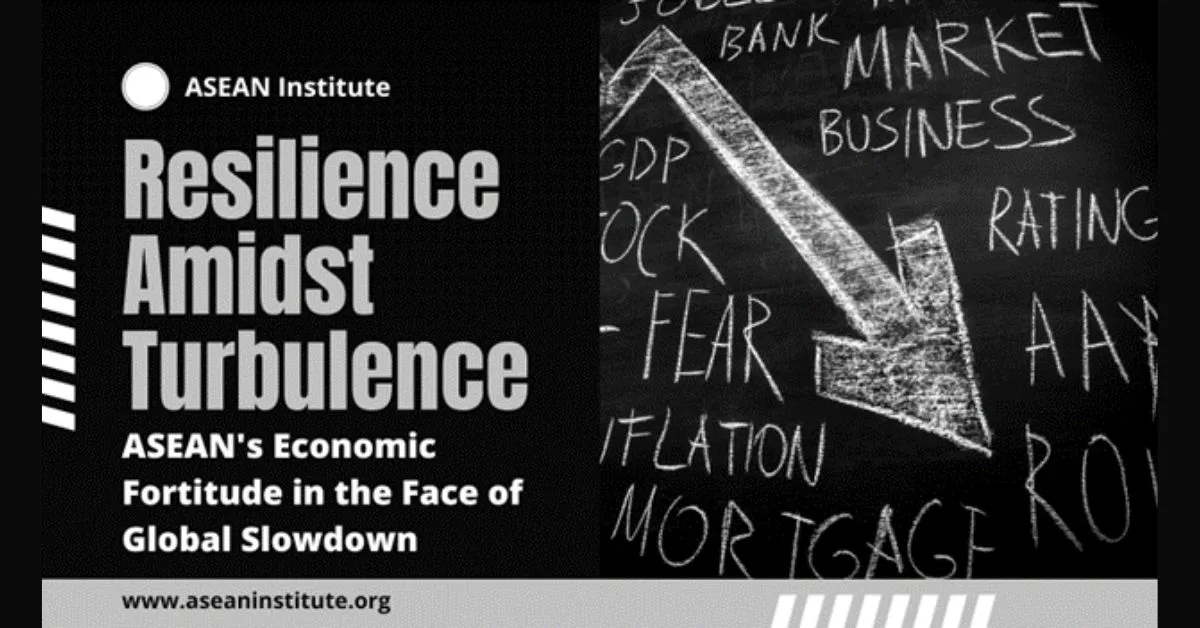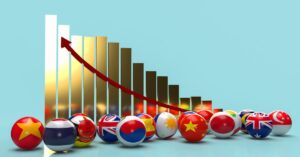Sustainable trade and investment have emerged as cornerstones of global economic development, as nations grapple with the challenges posed by climate change, income inequality, and resource depletion. Within this context, the Association of Southeast Asian Nations (ASEAN) has taken on a pivotal role, demonstrating the potential for regional cooperation in fostering sustainable economic growth. This article will explore ASEAN’s efforts to promote sustainable trade and investment practices, while considering the opportunities and challenges that lie ahead.
A key aspect of ASEAN’s approach to sustainable trade and investment lies in its commitment to economic integration. The ASEAN Economic Community (AEC) Blueprint 2025 envisions a highly integrated and cohesive regional economy that promotes equitable and sustainable development (ASEAN, 2015). The implementation of the AEC has led to a reduction in tariff barriers, improved trade facilitation, and enhanced regional connectivity, thus providing a conducive environment for the growth of sustainable trade and investment.
Moreover, ASEAN has taken a proactive stance in incorporating sustainability principles into its various initiatives. For instance, the ASEAN Green Bond Standards (AGBS) were launched in 2017 to facilitate the issuance of green bonds, thereby mobilizing capital for environmentally friendly projects (ASEAN Capital Markets Forum, 2017). Furthermore, the ASEAN Comprehensive Investment Agreement (ACIA) promotes responsible investment practices by incorporating provisions on environmental protection and corporate social responsibility (Thangavelu & Chongvilaivan, 2018).
ASEAN’s emphasis on sustainability has also been reflected in its engagement with external partners. For example, the European Union (EU) and ASEAN have been collaborating on the EU-ASEAN Trade and Investment Work Programme, which aims to promote sustainable and inclusive trade and investment policies (European Commission, 2020). Additionally, ASEAN is involved in the negotiation of the Regional Comprehensive Economic Partnership (RCEP), a mega-regional trade agreement that includes provisions on environmental goods and services, as well as sustainable development (Urata, 2018).
Despite these efforts, ASEAN faces several challenges in promoting sustainable trade and investment. One obstacle is the diverse economic landscape within the region, as member countries exhibit varying levels of development and capacity to implement sustainability policies (Tay, 2020). Additionally, the prevalence of informal economies and weak institutional capacities in some ASEAN nations may hinder the effective enforcement of sustainable trade and investment practices (Soesastro & Anas, 2017).
In conclusion, ASEAN has demonstrated its commitment to sustainable trade and investment through a range of initiatives, from regional economic integration to the development of sustainability standards. However, addressing the challenges of diverse economic landscapes and capacity constraints will be crucial for ASEAN to fully realize its potential in promoting a sustainable and inclusive regional economy.
References:
ASEAN (2015). ASEAN Economic Community Blueprint 2025.
ASEAN Capital Markets Forum (2017). ASEAN Green Bond Standards.
European Commission (2020). EU-ASEAN Trade and Investment Work Programme.
Soesastro, H., & Anas, T. (2017). Enhancing the ASEAN Institutional Framework for Sustainable Development. In H. Hill & M. G. Olsson (Eds.), Regional Growth and Sustainable Development in Asia (pp. 61-79). Springer.
Tay, S. S. (2020). ASEAN’s Heterogeneity: Challenges and Opportunities for Sustainable Development. Journal of Southeast Asian Economies
Thangavelu, S. M., & Chongvilaivan, A. (2018). Promoting responsible investment practices through the ASEAN Comprehensive Investment Agreement (ACIA). Journal of Southeast Asian Economies
Urata, S. (2018). The potential impact of the Regional Comprehensive Economic Partnership on ASEAN’s economies. Asia Pacific Policy Studies, 5(2), 266-279. https://doi.org/10.1002/app5.239











